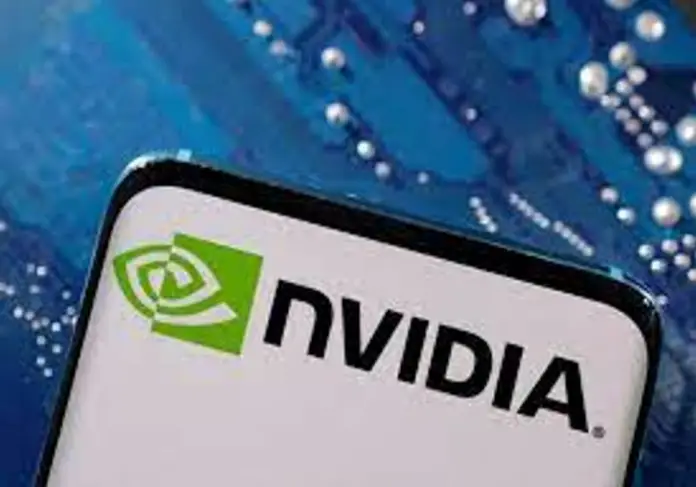Nvidia has slashed the prices of its advanced AI chip, the H20 designed for the Chinese market. This development highlights the complex challenges Nvidia faces in maintaining its presence in China, a crucial market that accounted for 17% of its revenue in fiscal 2024. The price cut is seen as a strategic response to the twin pressures of US sanctions and fierce competition from Chinese tech giant Huawei.
The US sanctions have barred Nvidia from exporting its most advanced chips such as the H800 and A800 to China. In response, Nvidia introduced three tailored chips including the H20 to circumvent these restrictions. However, the H20 has struggled to gain traction with supply chain sources indicating an oversupply and weak demand. This has led to the H20 being sold at a discount of over 10% compared to Huawei’s Ascend 910B, the most powerful AI chip from a Chinese company.
The price reduction underscores Nvidia’s determination to retain its market share in China despite the sanctions. Analysts warn that Nvidia’s future in China is increasingly uncertain given the competitive pressures and geopolitical tensions. Hebe Chen, a market analyst at IG noted, “Nvidia is walking a fine line and working on a balancing act between maintaining the Chinese market and navigating U.S. tensions. Nvidia is definitely preparing for the worst in the long term.”
The AI industry in China is projected to capture over 30% of the global market by 2035, according to CCID Consulting. This growth potential makes it imperative for Nvidia to maintain its foothold in the country. However, the Chinese government’s directive for companies to prioritize domestic chips has posed a significant barrier. Although there has been some easing of these orders recently, the directive has already impacted Nvidia’s sales.
The performance of the H20 chip will be crucial for Nvidia’s success in China. While some major Chinese tech giants like Alibaba have placed significant orders for the H20, Huawei’s Ascend 910B continues to outperform it in key metrics. The competition is expected to intensify with Huawei planning to dramatically increase its shipments of the 910B this year.
Nvidia’s CFO, Colette Kress highlighted the significant decline in data center revenue from China due to the export control restrictions. The company anticipates that the Chinese market will remain highly competitive. The H20 despite its higher manufacturing cost due to increased memory capacity is being sold at half the price of Nvidia’s H100 chip which is banned from export to China. This pricing strategy while necessary results in a substantial decrease in profit margins.
Nvidia’s decision to cut prices for its H20 chip in China reflects a broader strategy to navigate a challenging market environment marked by US sanctions and stiff competition from Huawei. As Nvidia strives to maintain its market position, the long-term outlook remains uncertain. The company’s ability to adapt and innovate in response to these challenges will be key to its sustained success in the Chinese market.






